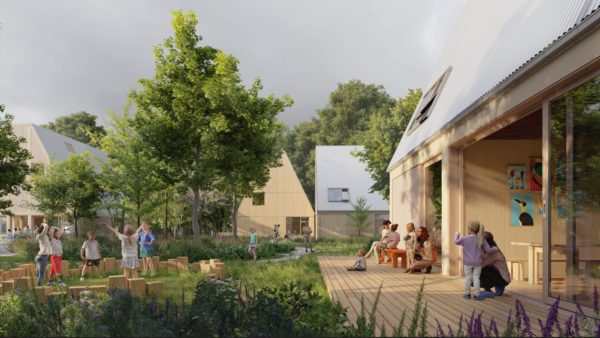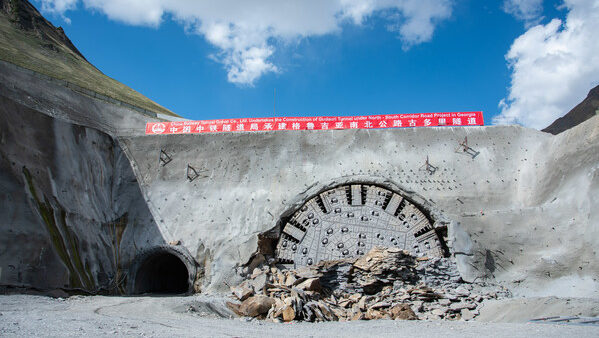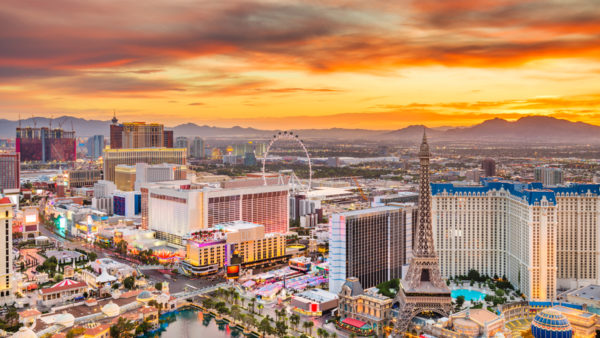France’s Bouygues Construction has revealed a plan to cut its CO2 emissions by around 30% this decade by limiting staff flights, overhauling material procurement, and instilling a climate-change "reflex" in all staff and operations.
Unveiling its plan today, Bouygues said it would target both how it conducts its business and onsite operations, which accounts for 11% of its carbon footprint, but would also go "upstream" in its supply chain, examining the products and materials it buys and how they are shipped. This area of focus comprises 89% of its carbon footprint.Â
By 2030, Bouygues aims to achieve a 40% reduction (on 2019) in the CO2 emitted from its operations and a 30% reduction in emissions from its bigger upstream target.
"Confronted with the challenges of climate change, Bouygues Construction acknowledges its role as a responsible and committed player," said Marie-Luce Godinot, the company’s executive vice president with responsibility for digital innovation and sustainability.
"The fight to reduce greenhouse gas emissions is a key strategic focus for us throughout our value chain."
For its operations, 90% of Bouygues’ vehicles will be "green" by 2030, it said, and employees will take 50% fewer international flights and 80% fewer domestic flights. Other ways to reduce energy consumption in offices and construction sites will be found.
Upstream, Bouygues will seek to cut the impact of materials purchased – concrete, joinery, cables, etc. – by using local suppliers to reduce freight and reducing the carbon footprint of its IT equipment by 15% by 2025.
In order to reduce the carbon intensity of the cements it uses, roadmaps have been drawn up in all of the 60 countries Bouygues operates in to achieve an overall reduction of 40% in the carbon intensity of cement (kg CO2e/m3).
The company will also move away from concrete, having committed to use timber in 30% of its European building projects by 2030.
Culturally, Bouygues will set out to instil a carbon reduction "reflex" in the group. All employees will get training in climate issues, while carbon impact will be considered in vetting committees or finalisation reviews for all projects.
"The commitment of our teams and their ability to innovate in conjunction with our partners and listening to our customers is our main asset in meeting this challenge," said Philippe Bonnave, company chairman and chief executive. "The many sustainable projects already delivered by the Group show us that this is possible and we must go further. The Group is in the process of adopting a true low-carbon culture."
Image: Arctic icebergs by Annie Spratt/Unsplash










